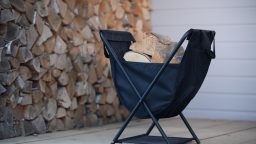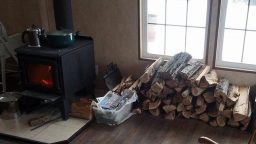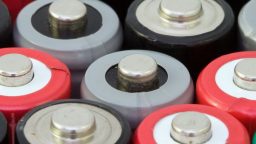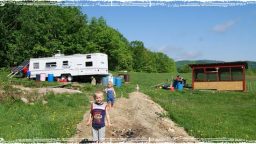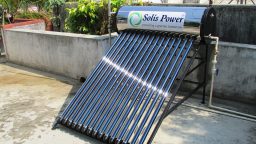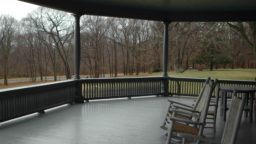Living on an off-grid homestead is no small matter. It might take years of planning, research and hard work. Hopefully if you do own property you’ve already considered how possible it might be to live off-grid, or if you are shopping around, this is what you’re thinking about long term.
“Off-grid” is a catch-all term that largely refers to being off the municipal and/or county energy grids. Having water on your property, either from catchment, a well, or purchased and transported to your property from another private citizen, generating your own electricity, and relying on energy sources such as gas or propane that you provide yourself.
Most likely you won’t be able to break off grid entirely right away, so here are some simple steps to planning out what you’ll want to do to get off-grid.
1. Know your local laws
Every state and county has different laws governing what land-owners are able to do on their property as far as generating energy, drilling for or collecting water, etc. You are still subject to zoning laws and building codes as well, so do your research so you will be fully informed on what will be legal to do on your land. The last thing you want is to put a bunch of time and energy into something that you’ll get fined for, so make sure you’re in full compliance with the government to keep them out of your hair.
2. Prioritize
Figure out what would be simplest and most practical to tackle first for your off-grid aspirations. You might find that setting up a basic catchment system would be cheap and easy for your area, and suit your needs the best, or you might pay a great price for local water and would prefer to set up a simple solar power system. Only you know your specific needs on the homestead so think about the energy source that would be the easiest to sacrifice for a time to set up a new system, because that’s a possibility as well. Some people find they can live without electricity just fine but couldn’t survive without running, pressurized water, others don’t mind scooping and dumping the water for their daily tasks but can’t stand the thought of not being able to switch a light on.
3. Tackle low-tech changes first
If there’s anything you can do to reduce your reliance on “the grid” that involves simple, low-tech alternatives, go for that first. For example, a simple wood stove could replace a lot of your need for natural gas, or collecting rainwater if you live in a very wet area might reduce your need for local water if you can water your garden and animals with it. You also might be able to greatly reduce your need for electricity by making sacrifices; use lanterns instead of lights, read instead of watch TV, heat things up on the stove instead of a microwave, use a dutch oven instead of a crock pot, etc, and this might move you into the position of being able to use a simple generator or solar power system.
You might have to change your lifestyle to get off-grid, but after all, that’s what getting off the grid is all about. Sacrificing modern luxury for energy independince might be one of the best choices you’ve ever made!
If you liked this, you might also enjoy…

